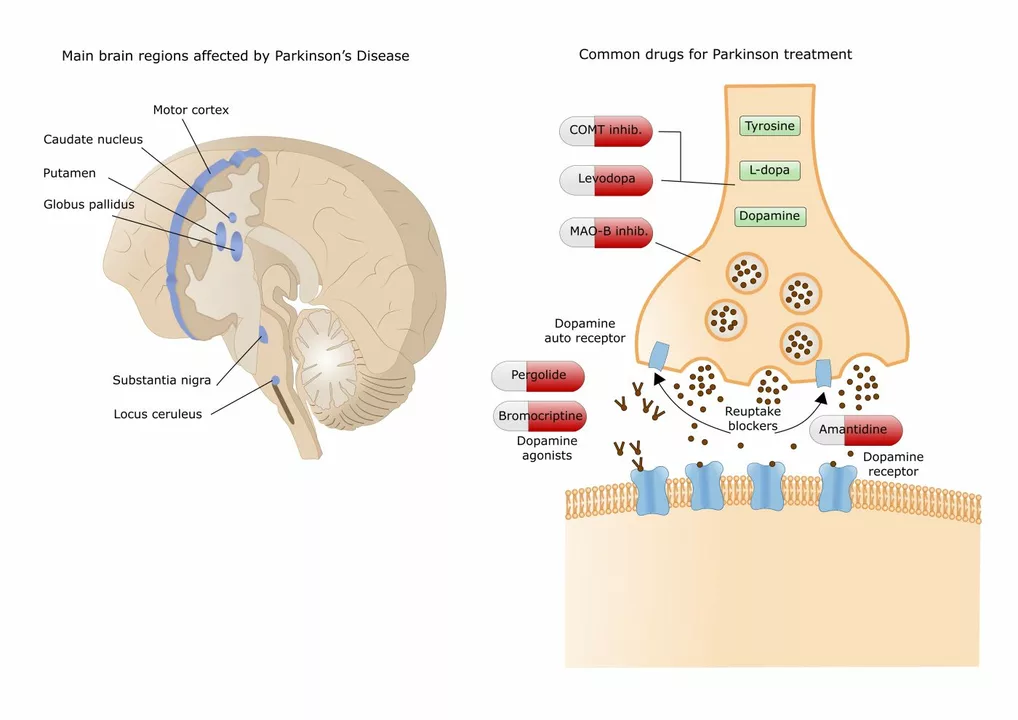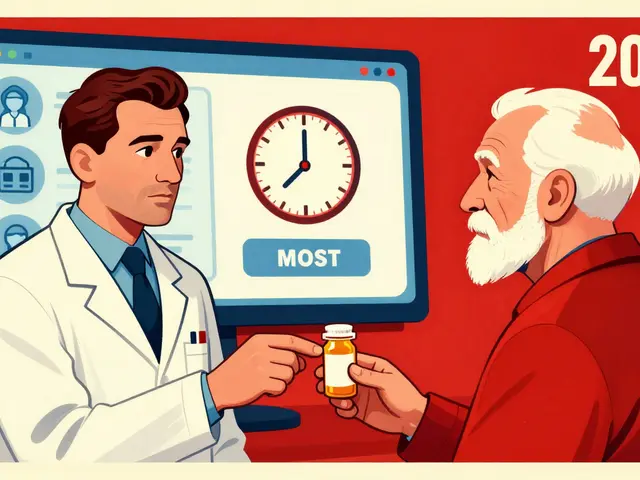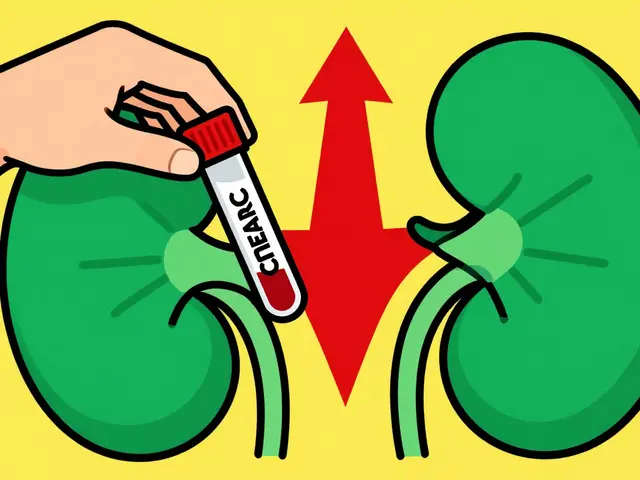Parkinson's Disease – What You Need to Know
If you or someone you love has been told they have Parkinson's, the first question is usually: what does this mean for everyday life? In plain terms, Parkinson's disease is a brain condition that slows down movement because certain nerve cells stop making enough dopamine. Dopamine helps control smooth, purposeful motions, so when it drops, muscles can feel stiff or shaky.
Most people notice symptoms in their 50s or 60s, but the disease can appear earlier. It develops slowly, which means changes may seem minor at first and then grow over months or years. Understanding those early clues can help you get a diagnosis sooner and start treatment before problems become harder to manage.
Common Symptoms & Early Warning Signs
The hallmark sign is a tremor that shows up when the hand is relaxed, often starting on one side. You might also feel your limbs getting stiff (rigidity) or notice slower movements (bradykinesia). Balance issues and shuffling steps can appear later. Some folks experience a reduced sense of smell, constipation, or trouble sleeping before any movement problems show up.
Because symptoms differ from person to person, keep an eye on anything that feels off – like a hand that shakes while holding a cup, or difficulty buttoning a shirt that used to be easy. If you spot these changes, talk to a doctor who can run a neurological exam and possibly order brain imaging.
Managing Parkinson’s: Treatments and Daily Tips
The main medical approach is medication that boosts dopamine levels or mimics its action. The most common drug is levodopa, often combined with other medicines to smooth out side effects. Your doctor may also suggest dopamine agonists, MAO‑B inhibitors, or physical therapy as part of a balanced plan.
Medication works best when paired with lifestyle habits. Regular exercise – even a short walk or gentle stretching – keeps muscles flexible and can improve mood. A balanced diet rich in fruits, veggies, and whole grains supports overall health and may help manage constipation, a common issue for Parkinson's patients.
Sleep quality matters too. Try to keep a consistent bedtime, limit caffeine late in the day, and create a calm bedroom environment. Some people find that small changes, like using a weighted blanket or a night‑light, reduce nighttime waking.
Support isn’t just medical; it’s emotional as well. Joining a local Parkinson's group or an online forum lets you share experiences, learn coping tricks, and stay motivated. Family and friends can help by learning how to assist with daily tasks without taking away independence.
If you’re caring for someone with Parkinson's, remember to take breaks and look after your own health. Caregiver burnout is real, and a rested caregiver provides better support.
In short, Parkinson's disease changes the way the brain talks to muscles, but with early detection, proper medication, exercise, diet, and community help, most people can keep living active, fulfilling lives. Keep asking questions, stay informed, and work closely with your healthcare team – that’s the best strategy for navigating this condition together.






